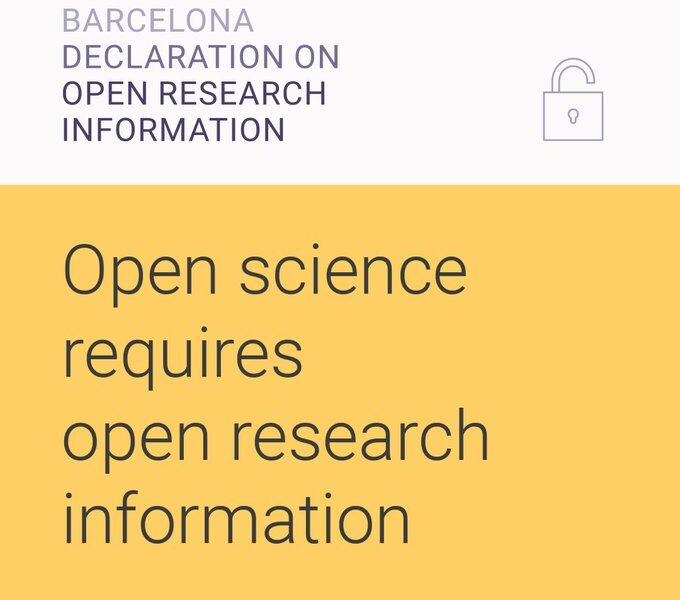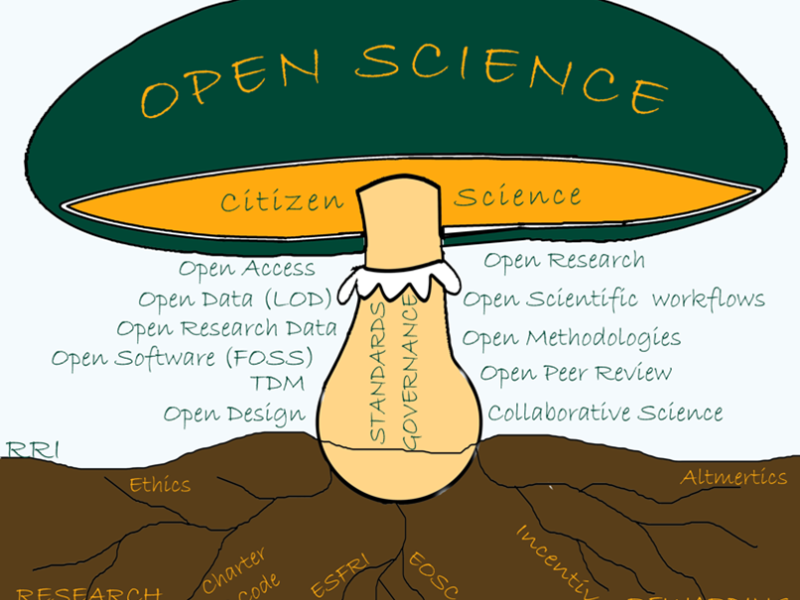Dissemination of Scientific Knowledge
Dissemination of Scientific Knowledge https://opusproject.eu/wp-content/uploads/2023/04/pexels-rodnae-productions-7092613.jpg 1 1 Open and Universal Science (OPUS) Project Open and Universal Science (OPUS) Project https://opusproject.eu/wp-content/uploads/2023/04/pexels-rodnae-productions-7092613.jpgThe dissemination of scientific knowledge is an essential aspect of the scientific enterprise. It refers to the process of sharing scientific findings, theories, and ideas with the wider community. Dissemination can take many forms, including peer-reviewed publications, conference presentations, lectures, social media posts, and outreach programs. Effective dissemination of scientific knowledge is crucial for advancing scientific research, promoting evidence-based decision-making, and informing public policy.
One of the main goals of scientific research is to expand our understanding of the natural world and to develop new technologies, medicines, and solutions to pressing problems. However, this knowledge is of little use if it remains confined to the narrow circle of researchers who produced it. Dissemination is essential to ensure that scientific knowledge reaches a broader audience, including other scientists, policymakers, practitioners, educators, and the general public. By disseminating their findings, scientists can solicit feedback, collaboration, and support, and contribute to the growth of knowledge in their field.
Peer-reviewed publications are the traditional mode of scientific dissemination. In this process, scientists submit their work to specialized journals, where it undergoes rigorous review by experts in the field. If the work is deemed to be of high quality and significance, it is published and made available to other researchers worldwide. Peer-reviewed publications have several advantages, including ensuring the quality and accuracy of the scientific work, allowing for constructive criticism and feedback, and establishing priority and recognition for the authors. However, the process can be slow, exclusive, and expensive, and it may not reach non-specialist audiences.
Conference presentations and lectures are another way to disseminate scientific knowledge. They offer a more immediate and interactive forum for scientists to share their work, discuss ideas, and network with colleagues. Conferences can also provide opportunities for interdisciplinary collaboration, exposure to new research, and career development. However, attending conferences can be costly, time-consuming, and limited to specific audiences.
Social media and other digital platforms are increasingly being used to disseminate scientific knowledge to wider audiences. Social media offers scientists the ability to communicate their findings in a more accessible and engaging way, reach larger audiences, and facilitate public engagement with science. However, social media platforms also have limitations, such as the potential for misinformation, the lack of quality control, and the brevity of the messages.
Outreach programs, such as science museums, public lectures, and school visits, are another way to disseminate scientific knowledge to the general public. These programs aim to increase public understanding and appreciation of science, inspire young people to pursue scientific careers, and promote scientific literacy and critical thinking skills. Outreach programs have several advantages, including making science more accessible, engaging, and relevant to diverse audiences, fostering dialogue and trust between scientists and the public, and improving the reputation and visibility of science. However, outreach programs can also be limited by funding, resources, and outreach capacity.
Dissemination of scientific knowledge is a vital component of the scientific enterprise. Effective dissemination can enhance the impact, relevance, and credibility of scientific research, promote public engagement and understanding of science, and contribute to evidence-based decision-making. Scientists must choose the appropriate dissemination strategies that best suit their research goals, audience, and resources, while also ensuring the quality, accuracy, and ethics of their work. Moreover, policymakers, funders, and the public must support and invest in dissemination efforts to promote a culture of scientific openness, collaboration, and progress.
- Posted In:
- Open Science News




